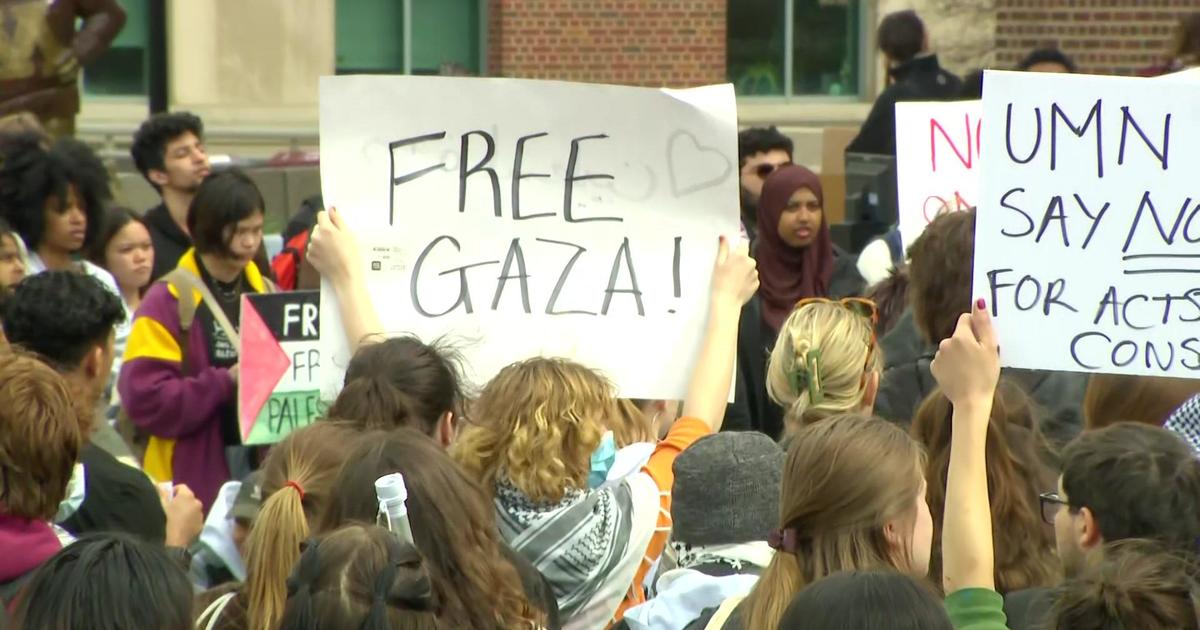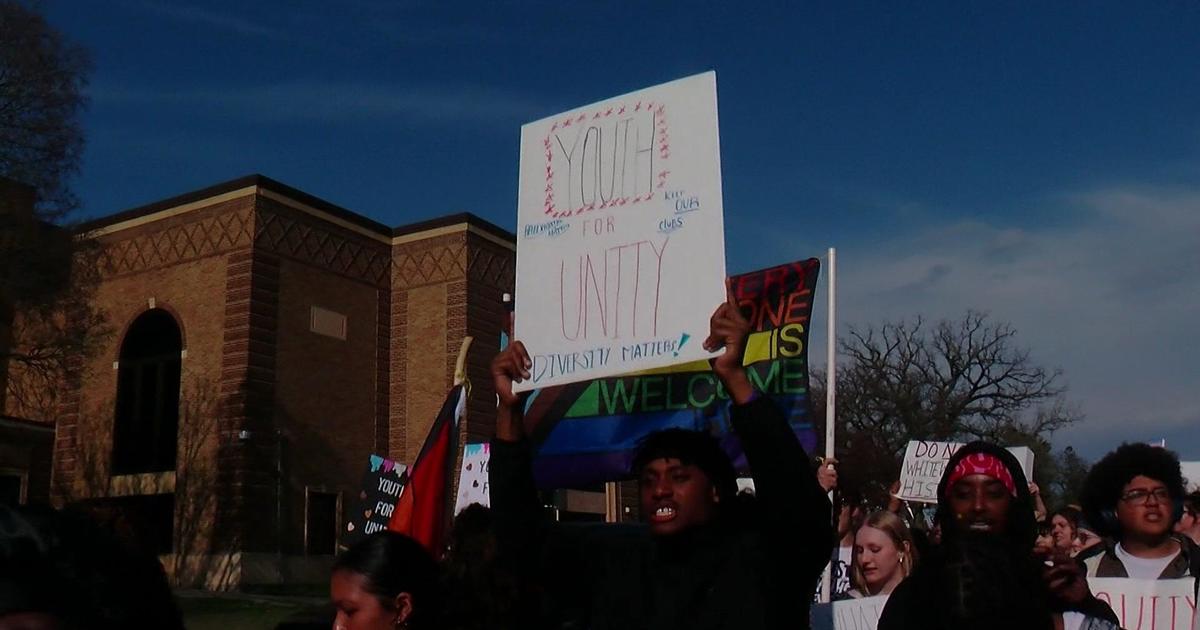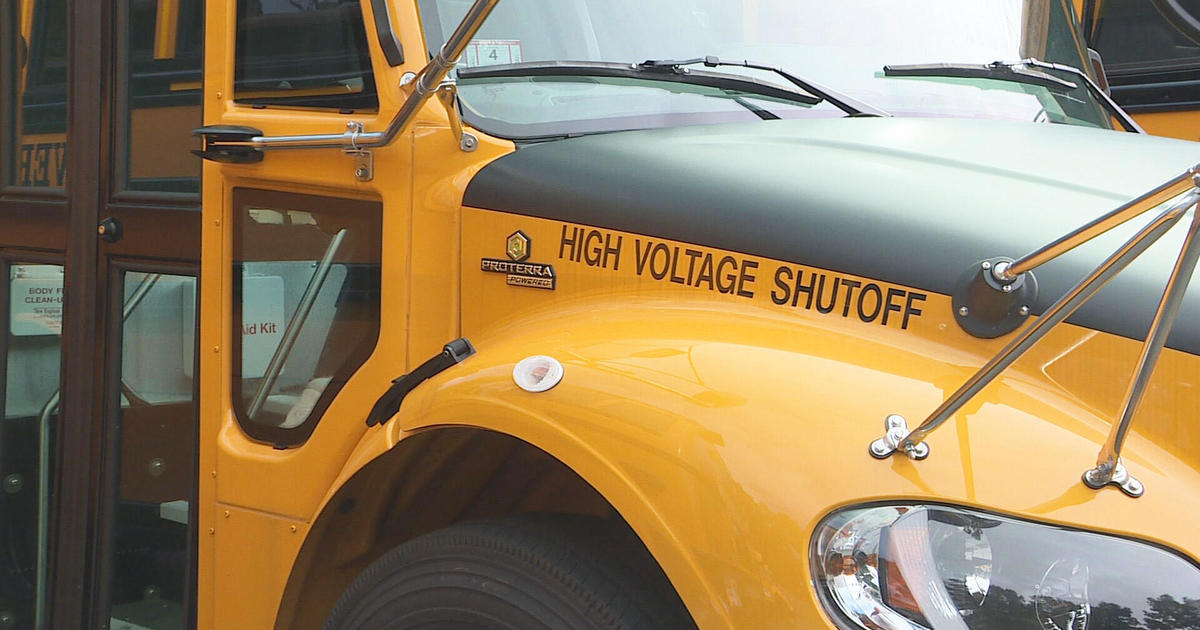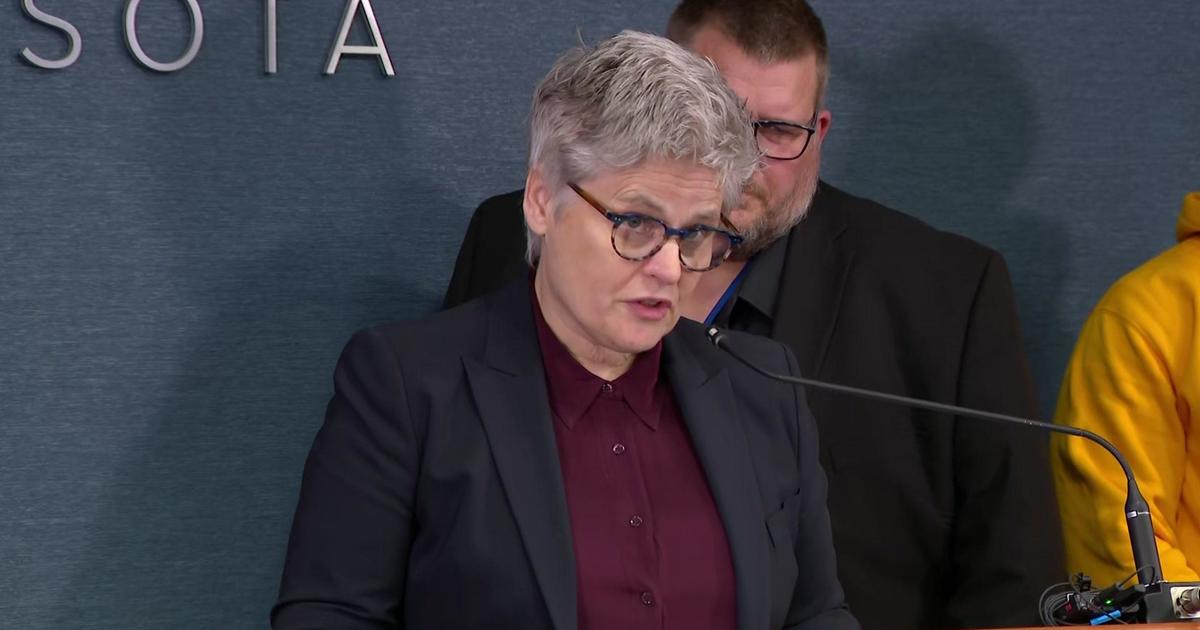Good Question: What Are College Students' Rights?
MINNEAPOLIS (WCCO) -- The Gopher football team is putting together a new game plan after ten players have been suspended indefinitely. While we don't know all of the details surrounding the incident this stems from, we do know none of the players were arrested and prosecutors decided against any charges.
So, we wondered: What are the rights of a college student? Good Question.
It's a growing debate on campuses and in courtrooms. Beau McGraw's federal lawsuit against a University of St. Thomas student is one other states are watching involving two students in a sexual encounter. Prosecutors declined charges.
Still, the school suspended the student for more than a year. The University of St. Thomas has said it follows a different evidence standard than a criminal prosecution and the school calls its investigation process "thorough and impartial."
"You have people that have minimal training in how to investigate -- none of which have law enforcement training -- investigating crimes," McGraw said.
McGraw has heard from more than a dozen college students across the state with similar stories.
"Something in around 2011 changed, and campuses around the country and Minnesota were alerted to this issue," he said.
That's when the U.S. Department of Education urged colleges to crack down on sexual assaults. For five years, the letter has been considered the guiding document for universities hoping to avoid a federal civil rights investigation or fines. Critics believe the guidelines have only created confusion.
Meg Kane has been an education attorney for 26 years.
"Historically, I think universities made a mistake and now we're over compensating," Kane said. "As a state actor, it can't deprive an individual of its property interest without due process. We have that explicit in our United States Constitution."
Kane says that due process includes proper notice to the student, an opportunity to be heard and the right to challenge an allegation. Private universities don't operate under the same rules. It's all separate from a criminal investigation.
"They have a higher bar to meet criminally and a lower bar within the university administration dismissal process," Kane said. "That is -- it is more likely than not that this took place."
A report released earlier this month showed nearly 300 complaints of sexual assault were reported to Minnesota colleges or universities last year. 79 of those resulted in disciplinary action greater than a warning but didn't identify if students were suspended or expelled.



